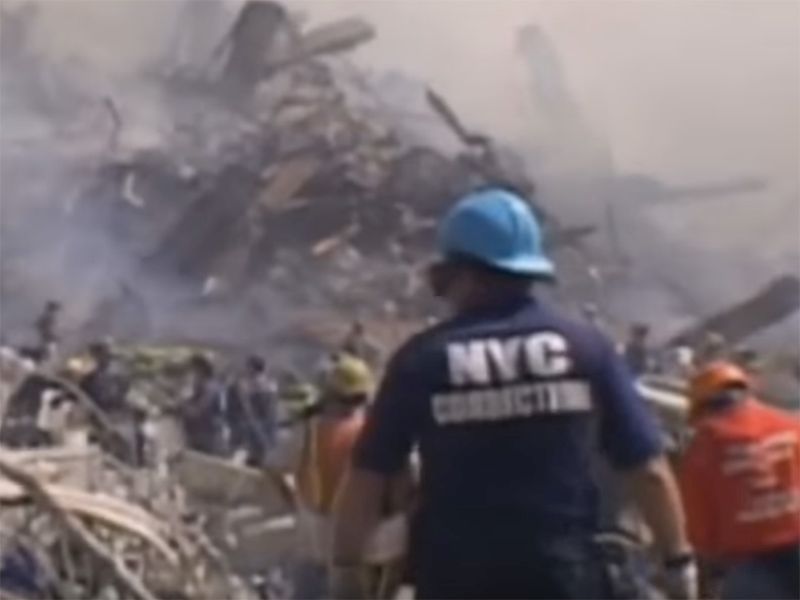
Latest Mental Health News
 By Steven Reinberg
By Steven ReinbergHealthDay Reporter
THURSDAY, Feb. 6, 2020 (HealthDay News) -- Survivors of the 2001 terrorist attack on New York City's World Trade Center who developed PTSD have a lasting risk of premature death, a new study finds.
The study of nearly 64,000 emergency responders and civilians found that the longer the post-traumatic stress disorder lingered, the more likely they were to die early from any cause.
Over 13 years of follow-up, more than 2,300 deaths occurred among the group. Nearly 500 were from heart disease. More than 200 were from external causes; suicide and accidental poisonings were the most common.
The findings were published online Feb. 5 in JAMA Network Open.
"Studies may underestimate mortality associated with PTSD if PTSD is measured only once at baseline," said Jeffrey Scherrer, co-author of an editorial that accompanied the findings. "By updating PTSD status over time, the study was able to provide a more accurate estimate of the association between PTSD and mortality."
Scherrer is an associate professor of family and community medicine at St. Louis University School of Medicine.
Studies of the health outcomes of PTSD and related death risk must take into account the course of disease, he said.
"Some patients may have symptoms but do not meet criteria for PTSD diagnoses at baseline, but if followed for six months, a year or two or 10 years, we expect to see some of these patients develop full criteria for PTSD," Scherrer said.
Over the study's 13-year follow-up, responders who had worked at the attack site and had PTSD were nearly twice as likely to die from any cause, compared with those without PTSD.
Civilians with PTSD had a 54% higher risk of premature death from any cause; a 72% higher risk of death from heart disease; and double the risk of dying from an external cause like suicide, the researchers found.
Responders whose PTSD was diagnosed immediately after 9/11 (baseline PTSD), had a 63% higher risk of dying from any cause and double the risk of dying from heart disease but not from suicide or accidents.
Civilians with baseline PTSD had a 38% increased risk of dying early from any cause and nearly triple the odds of death from suicide or an accident. There was an insignificant increase in death due to heart disease.
Robert Brackbill, director of research at the New York City Department of Health's World Trade Center Health Registry, led the study. The findings were based on data from the registry and the National Death Index.
Dr. Jacqueline Moline, a professor at the Feinstein Institutes for Medical Research in Manhasset, N.Y., reviewed the findings.
She said it's important to find out if treating PTSD can also reduce the risk of early death from physical ailments. More research is needed, she added, emphasizing that physical and mental health should be treated as "part of a continuum."
"It's time to broaden how we think about the impact of mental health conditions on overall physical health," Moline said.

Copyright © 2020 HealthDay. All rights reserved.

QUESTION
Panic attacks are repeated attacks of fear that can last for several minutes. See AnswerReferences
SOURCES: Jacqueline Moline, M.D., vice president of occupational medicine, epidemiology and prevention, Northwell Health, and professor, Feinstein Institutes for Medical Research, Manhasset, N.Y.; Jeffrey Scherrer, Ph.D., associate professor and research director, Department of Family and Community Medicine, St. Louis University School of Medicine; JAMA Network Open, online, Feb. 5, 2020
9/11 Study Shows PTSD Tied to Earlier Death, Source:http://www.medicinenet.com/script/main/art.asp?articlekey=227927